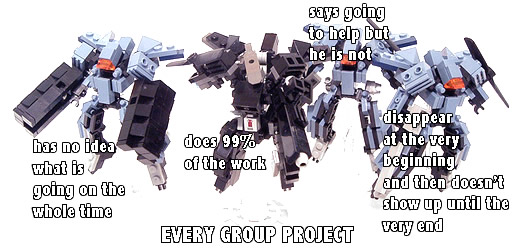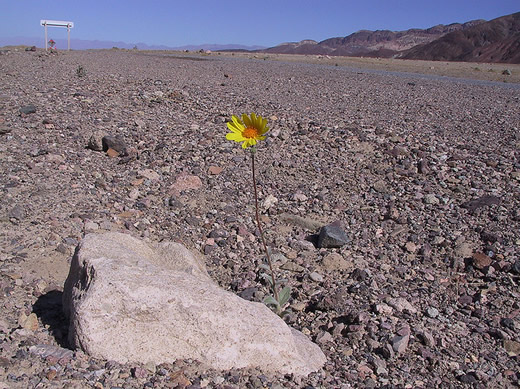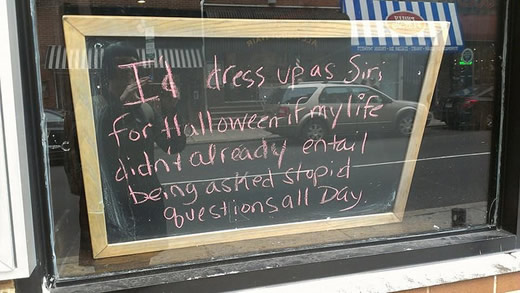
My name is Ian Houghton. I graduated from Salford Business School last year – 2013, with a degree in Business and Management with Professional Placement. While I was at the University of Salford I made the most of the time by undertaking a one year placement with South West Water as a Contacts Administrator and was part of the university boat club. Since my graduation I have been working for United Utilities as a Graduate Project Controller.
I have learned a lot of lessons during my search for a job in my final year, and yes it was frustrating to receive no replies to my job applications but it was worth it in the end!
I wanted to write this blog in order to share with those final year students my journey on getting a job after uni. If you are a student who is looking to enter the world of work and want to have a taste of what skills and abilities you will need to really succeed in your first few years after graduation – read this post! Showing these abilities in applications and interviews will also give you an extra edge to ultimately getting your first post-university job and getting your career underway.
So, what are my top 5 skills and abilities for getting a job after uni?
1. Work well, in a team
While at University, you are given a lot of group projects and are often assessed on them. One of the common reasons being
“in the employment world it’s how you will work”
and some of the teams you work on, look something like this:
Team Work in Every Group Project: (CC) by Soren
However, these group projects are vital to learn the thing that you will spend 99% of your work life doing, working in a team.
Before I wrote this I walked around the floor of my office and tried to find one person who didn’t work in a team. Everyone right up from the CEO to the Cleaners and the Canteen staff work in teams.
Working in a team isn’t about splitting up tasks; it’s about being united in the aims, objectives, and the strategy of that project and fulfilling this as one rather than a group of individuals. Team working does not only apply at work – join in some of the clubs and societies – I would recommend the Salford University Board Club:
Also, remember the stages of team building and how new teams develop, as you will be part of this process many times throughout your career!
2. Show tenacity
Tenacity of your working life; (CC) by Wally Miller
One thing people have often said about me is my drive. The amount of work I am willing to do and what I am willing to go through to get a job or to take that next step in my career. Unfortunately the earliest steps in your career are the hardest. I said earlier that I got a placement at South West Water, but to get that placement I applied for hundreds of placement jobs, travelled around the country on interviews and then, once I accepted a placement, moved over 300 miles away to a part of the country where I knew no one. Was all this worth it? Definitely, I got my first experience in a career that I want to spend my working life in, I’ve met key contacts, and friends, that I’m still regularly in touch with, and I’ve had experiences that have led to my current role, which I hope will in-turn lead onto others.
That tenacity, which I’ve developed through having a single mindedness of achieving a very stubborn goal, now helps me every day through my working life. Having that tenacity and determination to get things done and drive projects forward shows to others that you are a valuable asset to the team and the company, and that leads to greater chances and opportunities.
3. Ask questions, even the ‘stupid’ ones
Don’t ask stupid questions; (CC) by Lulu Hoeller
Kids are great at asking questions. They have a thirst for knowledge and yet know next to nothing about the world around them. I have a one year old nephew and one day, when he’s four or five, I know we’re going to be walking through Chester Zoo, and all day I’m going to be fielding questions like, “Why are polar bears white?”, “Why do bats sleep in the day?”, “Where does rain come from?” and so on. The great thing about these questions is that some of them make me question things myself.
So how does this, as a Graduate from one of the top Universities in the UK, apply to you? Well, you have a huge bank of theoretical knowledge on your degree subject. So you roughly know how things should work. Most people in the workplace have done it for so long they’ve forgotten all theory. So, you see the working world through the eyes of a freshly educated person who understands how the world works but played no part in its creation, your questions are almost a vital sense check for them. Most of them have an easy answer, but some questions make people really think. These questions are certainly encouraged in my organisations, on the first day in the current role my manager said to me
“the simpler the question, the tougher they are to answer”.
4. Learn how to best manage your pressure
Manage Pressure; (CC) by bark
At university, if you don’t do an essay, it’s only you and your grade that suffers. Your lecturers want you to do well, and will help you do so, but the essays and studying are all on you. Now your work affects other people and the performance of your team. If you don’t do your job properly, other people around you will suffer.
People put pressure on themselves to perform at a high level and some people can struggle with this. Pressure is, in my experience, something that is good in small doses, but can be detrimental in large doses. It can even cause sickness. So, when you put pressure on yourselves, learn how to best manage this. Around my office, some people go for a walk at lunchtime, some people have stress balls, or play tennis or golf in their spare time.
Personally, I go to the gym 4 times a week and enjoy cooking. These things help me to relax and unwind. Always have something that will help you do this. We aren’t all like coal.
A diamond is a piece of charcoal that handled stress very well
5. Enjoy what you do
“Find something you love to do, and you’ll never work a day in your life”
: CC by Chris Devers:
While your first job is unlikely the one you want to retire in, you should enjoy what you do. You should enjoy coming into work and doing your job. You should get on with your co-workers and enjoy speaking to them about their weekends. Most importantly you should feel what you are doing supports the business. If you don’t enjoy your job, than maybe it’s not for you. Don’t ever be scared to say you don’t enjoy what you are doing, and definitely don’t be scared to quit.
My company employed 25 graduates in 2013. Just under a year later – 5 have already left:
- How left for a better paid job doing the exact same thing? = 0.
- How many left because they didn’t enjoy their job? = 4.
- The 5th left to relocate south for personal reasons.
Some call these people quitters and say “young people have no staying power”, but if you are at the start of a career that you don’t want to stay in, get out as soon as you can and find what you do want to be doing!
Personally, I am living my dream, I am in a job that I love and I feel that I never work a day in my life 😉
What do you think?
How does my experience compares to yours? Please do share your thoughts in the comments section below or your preferred social network.





Great post Ian. Several points i could relate to. I even referred the piece to my friend.